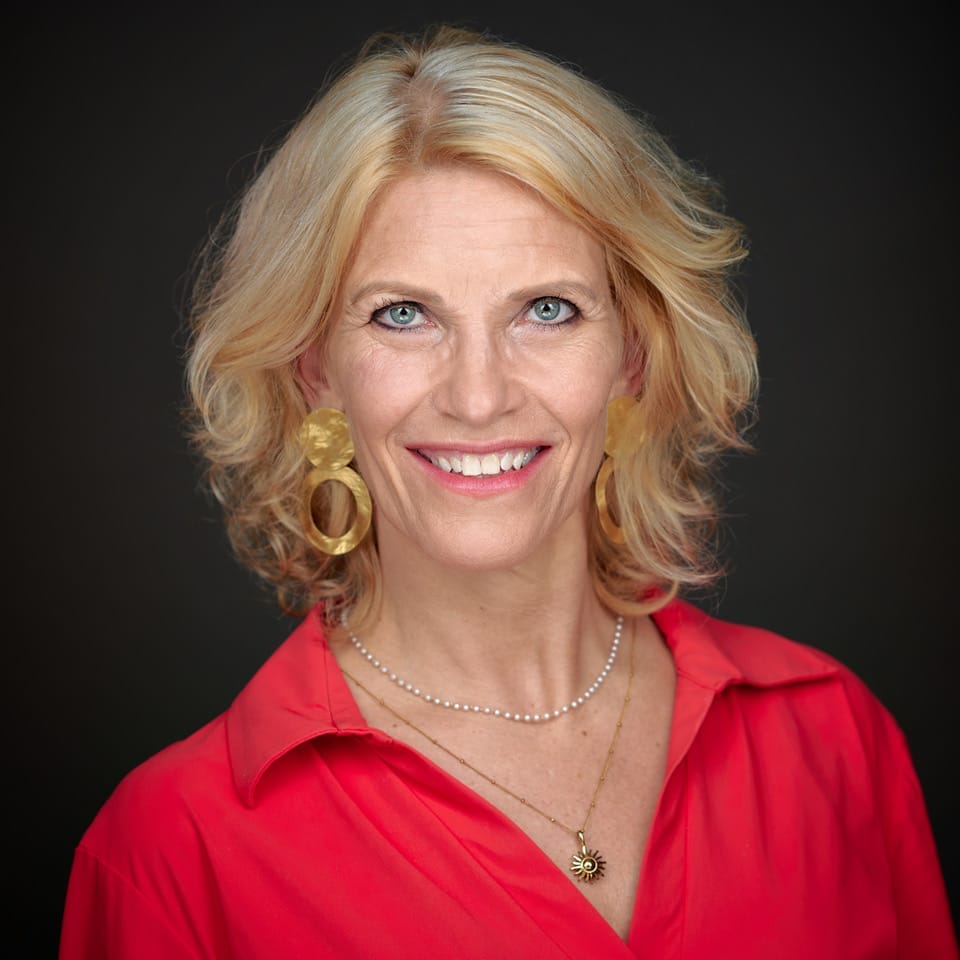We are pleased to introduce the affiliated (umbrella) organizations that collaborate with Dans Veilig to create a socially safe dance sector. This time, we spoke with Mariz, chairperson of Dutch Dance Sports (DDS), about DDS’s role in Dutch dance competitions and their commitment to providing a safe environment for dancers, teachers, and judges.

“Everyone should feel safe,
both on and off the dance floor.”
From Ballet to Boardroom
Mariz’s love for dance started early. “I began ballet when I was four, and I quickly realized it was exactly my thing,” she shares. What started as a childhood hobby grew into a lifelong dedication to dance. With a background in ballroom dancing and a fitness education, she eventually found her way into the world of dance competitions.
When Mariz was invited to judge a hip-hop competition, it set her career in motion. “After obtaining my international judging license, I joined the board of Dutch Dance Sports. As chairperson, I now manage all international contacts with IDO (International Dance Organization).”
The Role of DDS in the Dance Sector
Dutch Dance Sports plays a key role in the Dutch dance scene. Mariz explains: “DDS provides a platform for dancers, teachers, and judges to develop professionally. We organize dance competitions in a fair and professional manner, ensuring a safe and structured environment. Additionally, we work closely with international dance organizations like the IDO to elevate the quality of our competitions and the level of dancers.”

DDS focuses not only on organizing competitions but also on supporting dance teachers. “Running a dance school can sometimes feel lonely,” says Mariz. “That’s why DDS helps build networks and provides support, such as assisting with insurance policies.”
Social Safety: A Priority of DDS
Ensuring social safety within the dance sector is a core mission of DDS. “Everyone should feel safe, both on and off the dance floor,” Mariz emphasizes. To achieve this, DDS has appointed confidential advisors. “This way, we offer an accessible point of contact in case any issues arise.”
DDS has also established clear guidelines to prevent inappropriate behavior. “Judges are not allowed to have direct contact with dancers, coaches, or parents. This prevents misunderstandings and maintains professional boundaries. Additionally, judges may not evaluate formations in which they have been involved as a choreographer or trainer. In other categories, we also do our best to prevent conflicts of interest.”
Communication about Social Safety
DDS regularly evaluates social safety, both with teachers and judges. “Judges must always maintain professional conduct towards dancers,” says Mariz. “Sometimes, this means making tough decisions about who is suitable to judge. But we do this to ensure that our competitions remain a safe space for everyone.”
“The alliance provides us with a platform to share experiences and work together on improvements. Acknowledging problems is the first step toward change.”
Collaboration with Alliantie Dans Veilig
Joining Alliantie Dans Veilig was a natural choice for DDS. “Social safety needs to be addressed across the entire sector,” Mariz states. “The alliance provides us with a platform to share experiences and work together on improvements. Acknowledging problems is the first step toward change.”
By collaborating within the alliance, DDS hopes to raise awareness and strengthen the sector. “Our focus is mainly on judges and coaches. We want to emphasize the importance of social safety. If we, as an alliance, speak up together, we can make a bigger impact.”
A Look Toward the Future
Mariz envisions a clear future for the dance sector. “Making a Certificate of Conduct (VOG) mandatory would be an important step. Some may see this as a sign of distrust, but I believe it should become a standard. Everyone in the sector should be able to provide such a certificate. It would help us all create an even safer dance environment.”



